In this episode of The Abstract, host Tyler Finn speaks with Shanti Ariker, Chief Legal Officer at JFrog, about her unconventional journey from taking a six-year career break to leading legal teams at Salesforce, Twilio, Zendesk, and beyond. Shanti shares lessons on reinvention, resilience, and empathetic leadership — from returning to work as a contracts manager to navigating billion-dollar acquisitions and leading through global crises.
Key Insights:
1. Your Break Is Not a Detour—It’s a Strategy
Ariker’s six-year pause for family taught her resourcefulness. “I learned skills that made me a better lawyer—negotiation, empathy, prioritization,” she says. Reentry takes planning, but it’s not a career-ender.
2. Say Yes Before You’re Ready
Her first GC role came from someone else’s faith in her. “I didn’t think I could do it. My GC said, ‘You’ll figure it out.’ She was right.” Growth often starts with discomfort.
3. Lead with Transparency in Chaos
During Zendesk’s activist campaign, she ran over 100 board meetings and hosted “Activism 101” for directors. The lesson: when people feel informed, they stay calm and aligned.
4. Build a Support System That Works for You
Ariker’s success relied on clear family communication and professional sponsors. “It’s never just your decision—it affects everyone around you,” she says.
5. Keep Your Voice Public
Her newsletter and forthcoming memoir are her way of “paying it forward.” Sharing lessons publicly keeps her connected and helps the next generation see what’s possible.
6. Closing Insight:
“Your path doesn’t have to look like anyone else’s. You can take a break, change direction, and still end up leading a global company,” says Ariker. Her message to women in law: success isn’t about speed—it’s about sustainability.
In this podcast, we cover
00:00 Introduction and career overview
02:41 Stepping away from full-time work and returning after six years
05:47 Re-entering the legal workforce in Canada and taking a step back
12:50 Breaking into Salesforce through networking and early contributions
15:30 Building the Salesforce Canada legal team and launching pro bono work
19:20 Becoming General Counsel at salesforce.org and leading through learning
22:17 Innovative legal models and lessons from the salesforce.org structure
24:56 Transitioning back to for-profit legal roles and rebuilding GC credentials
33:44 GC role at Zendesk: From steady start to activist investors and take-private
37:35 Managing governance, communication, and morale during high-stakes transitions
43:03 Joining JFrog and leading through the Israel crisis
47:07 Evolving leadership style through personal and professional challenges
51:45 Rapid-fire Questions

.svg)





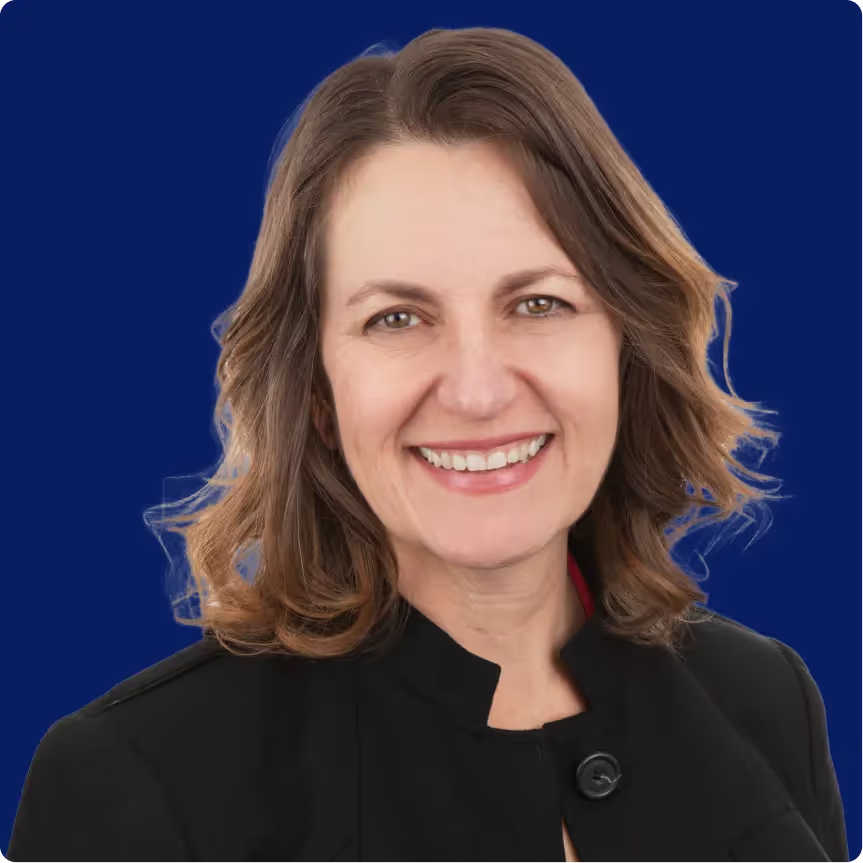



.svg)
.svg)

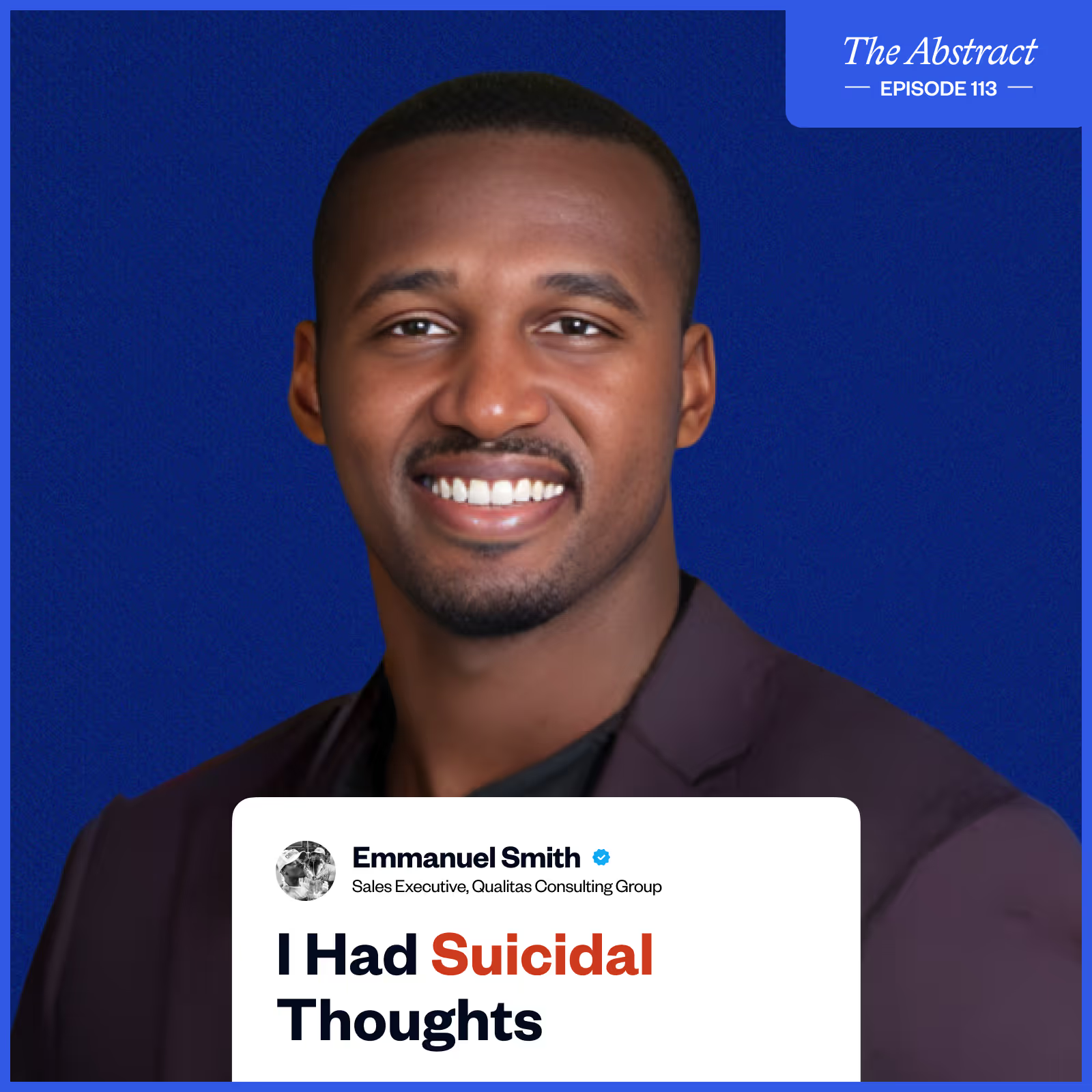

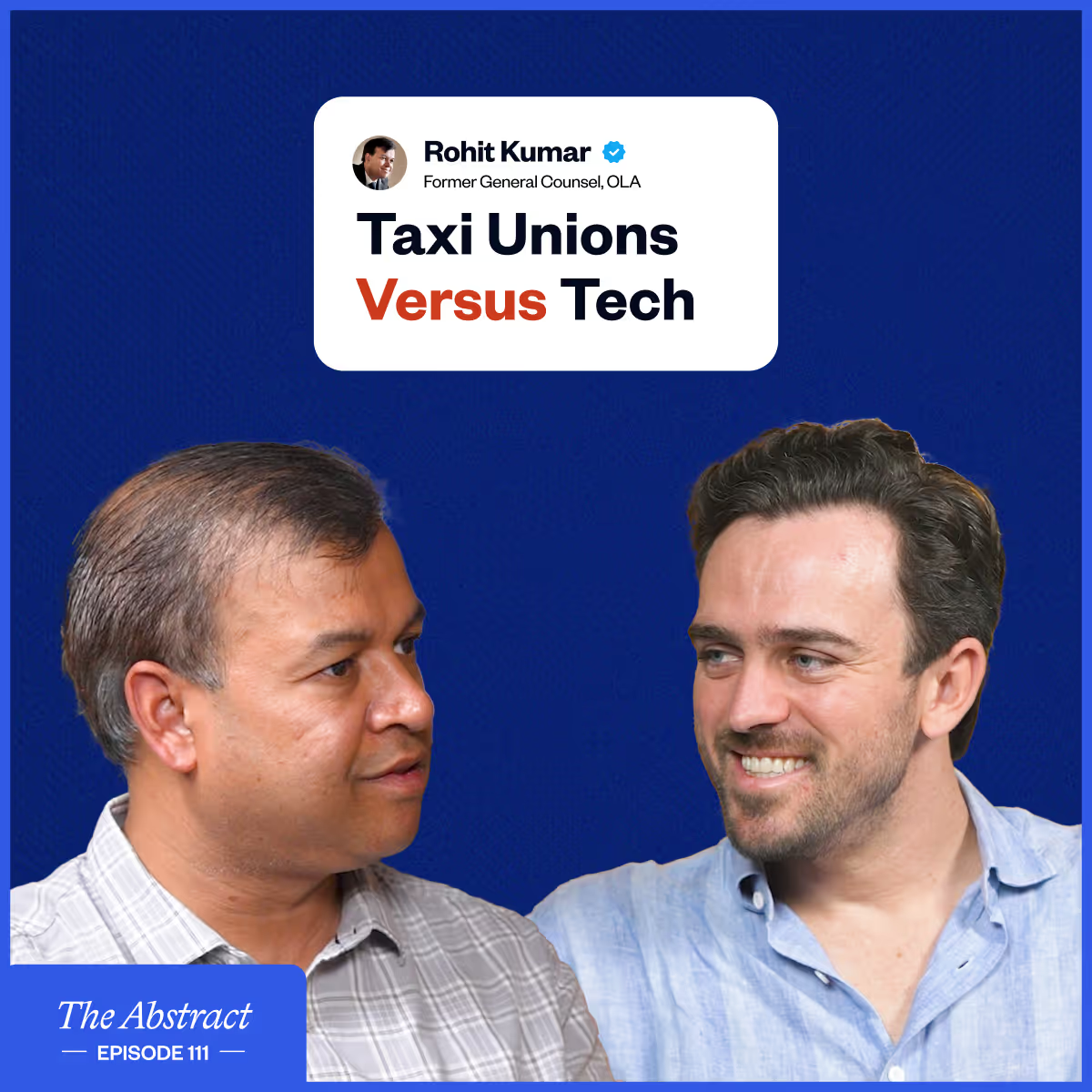
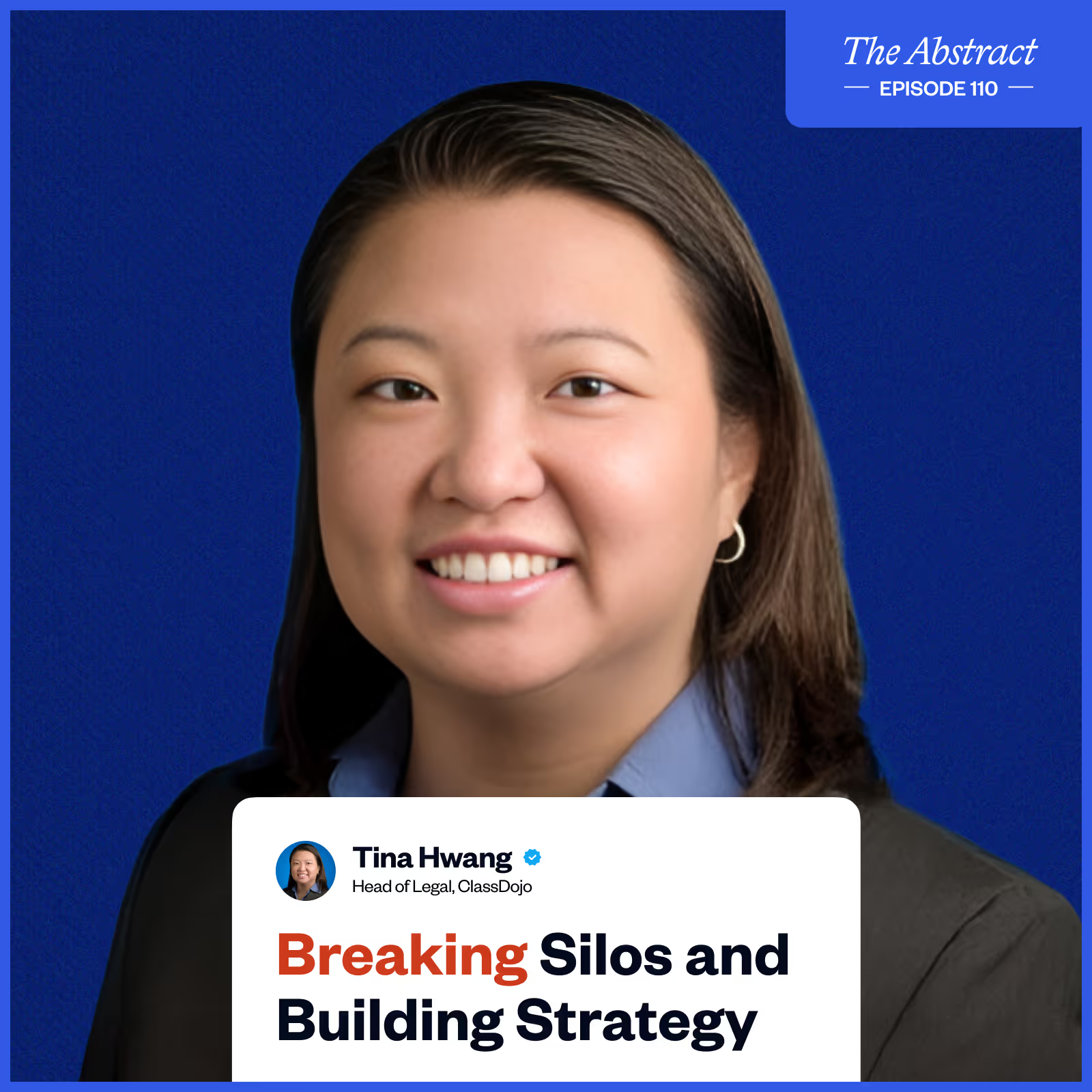
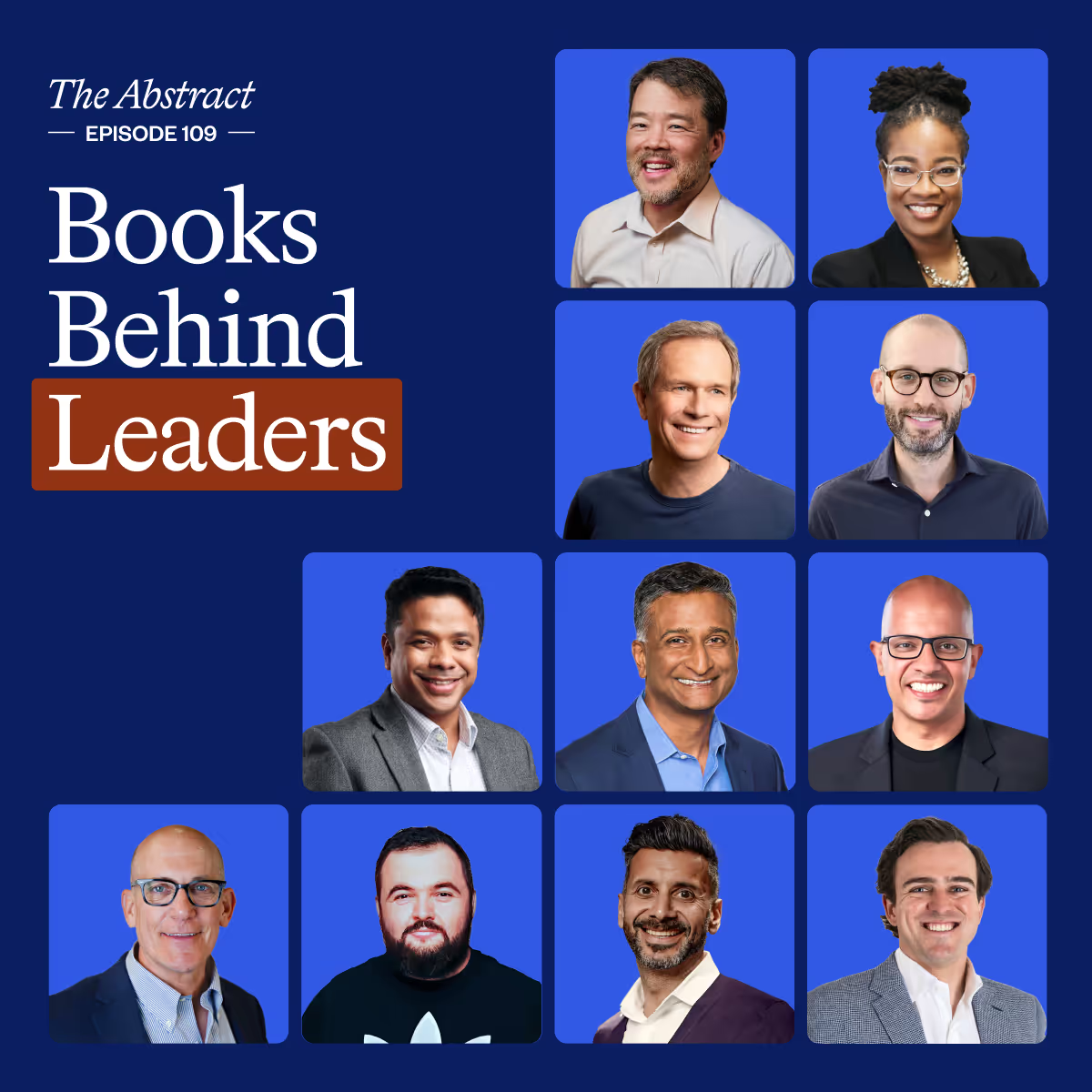

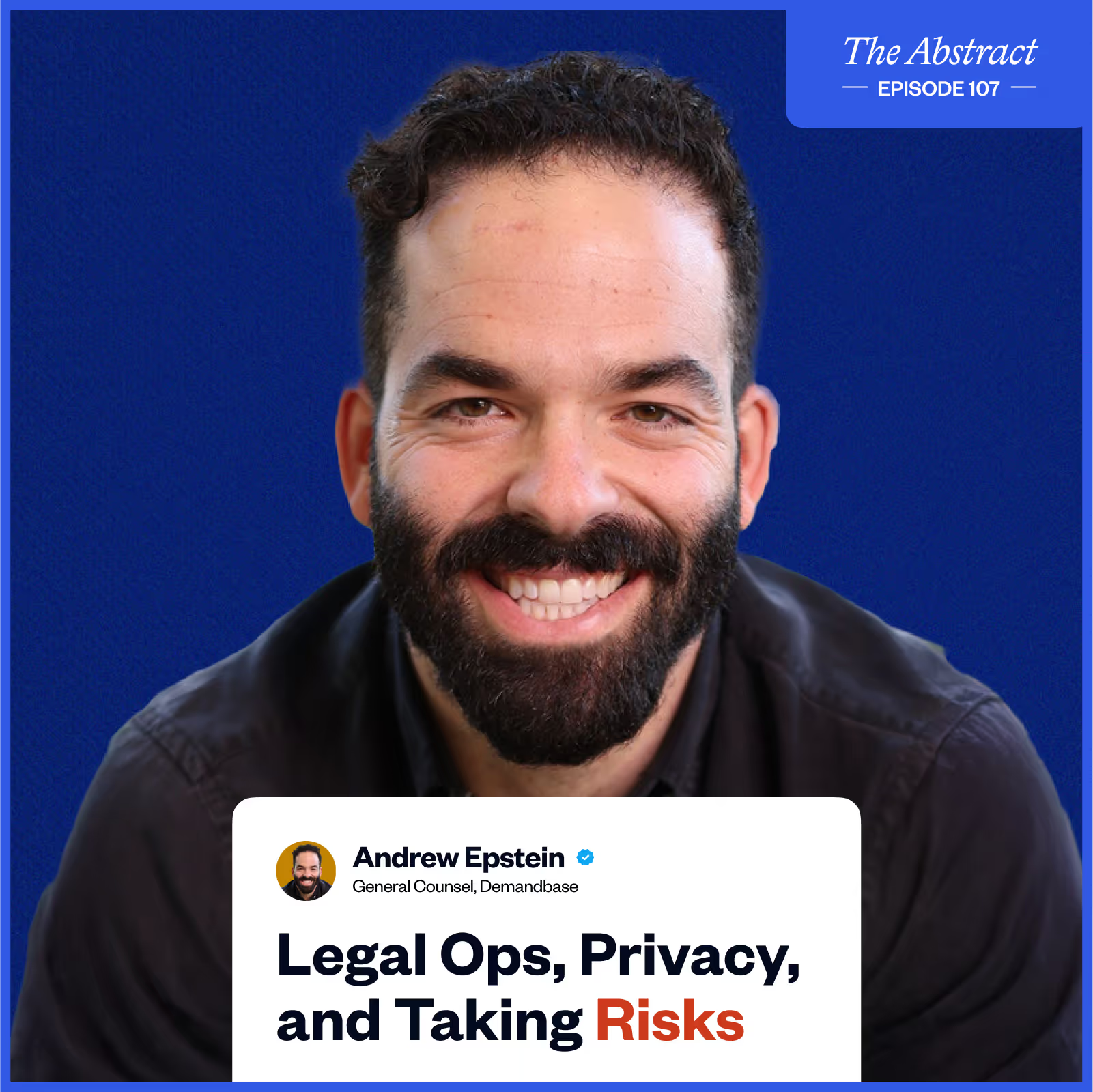


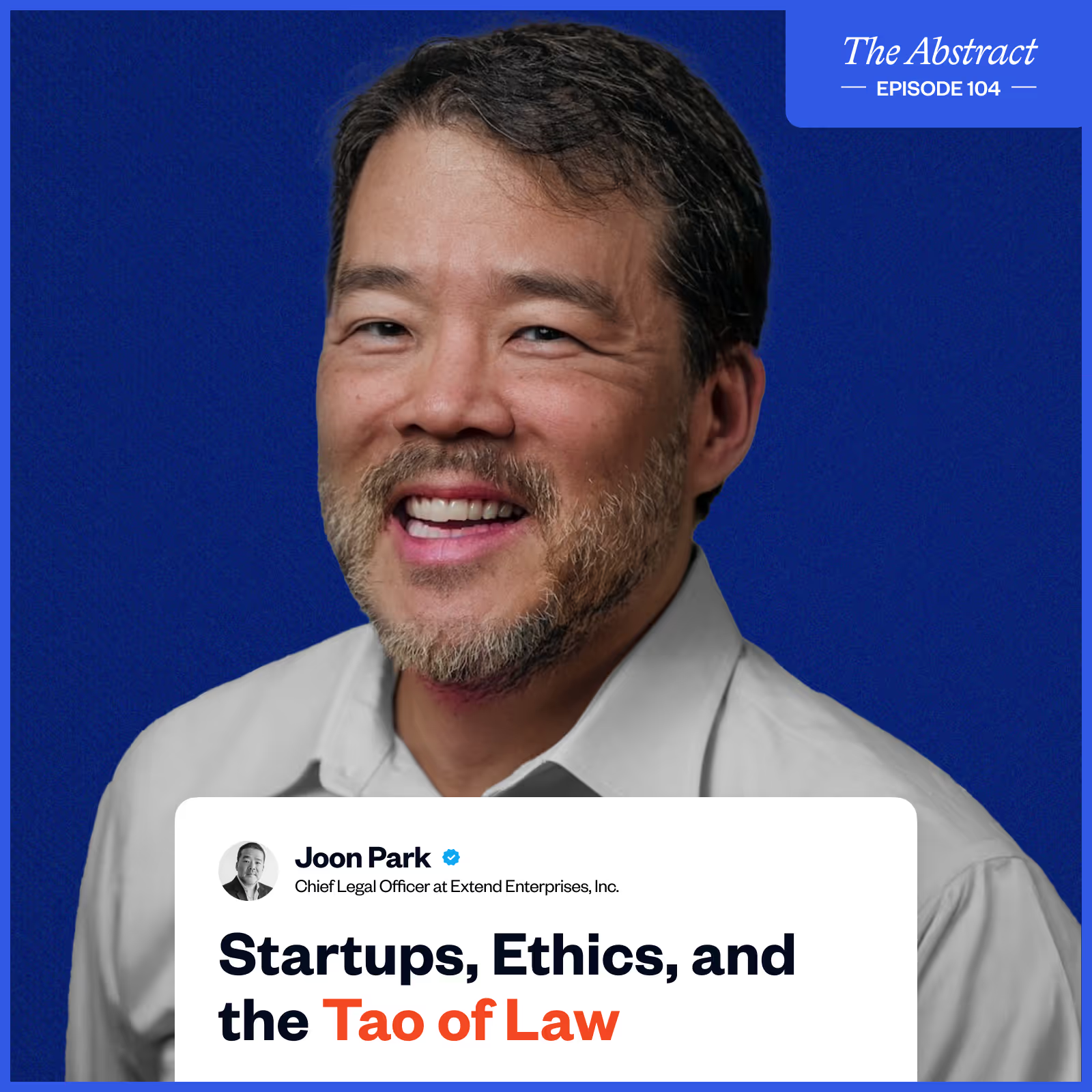

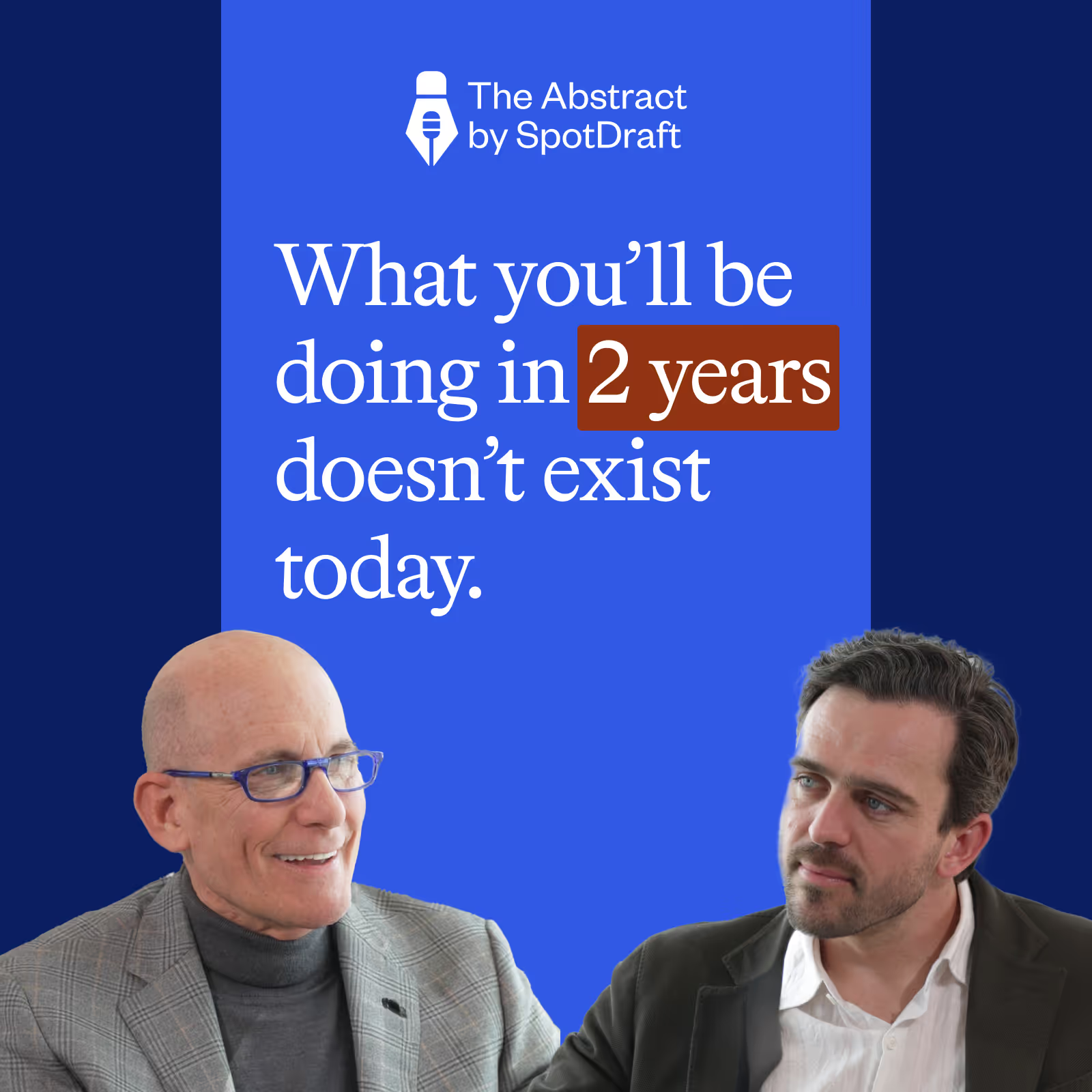
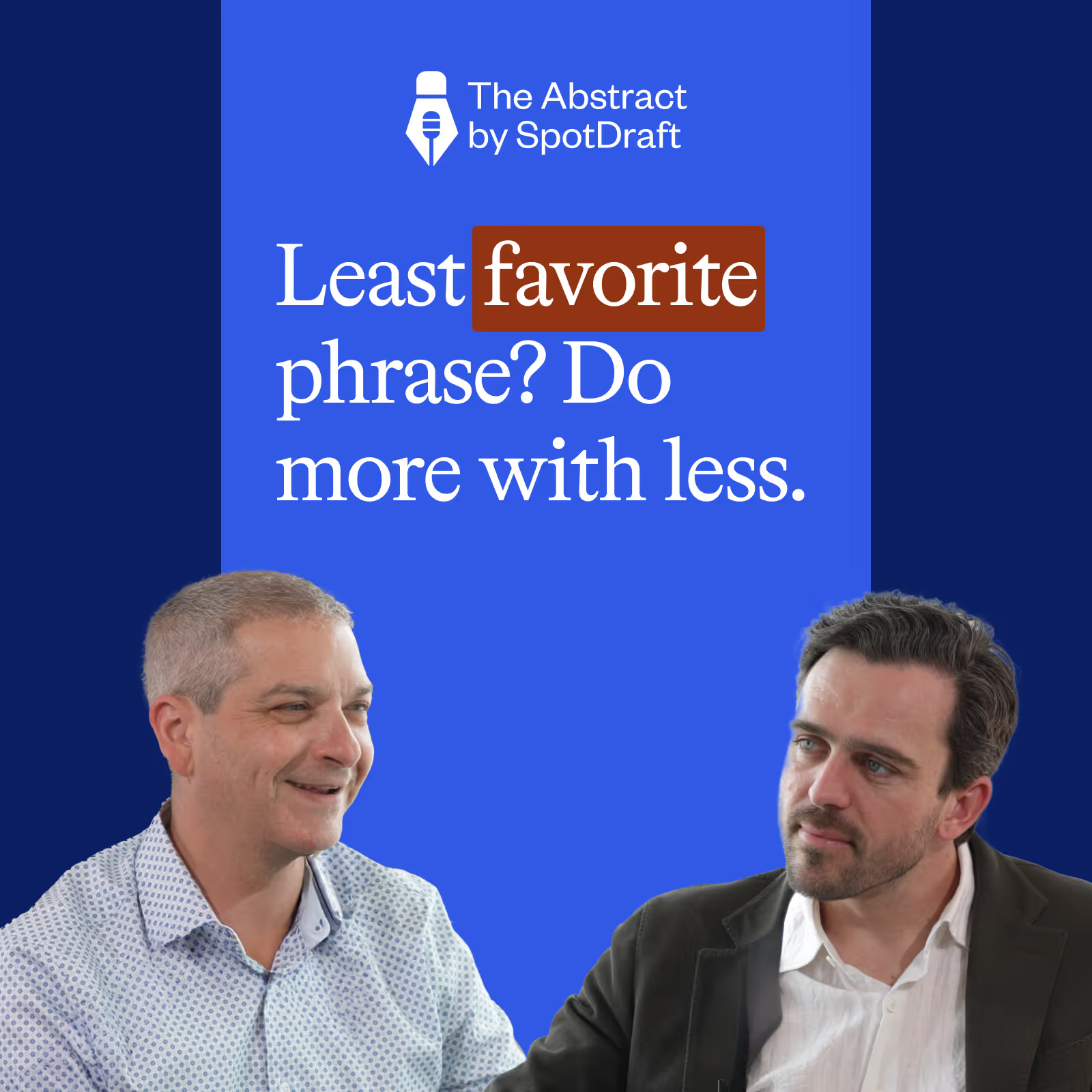

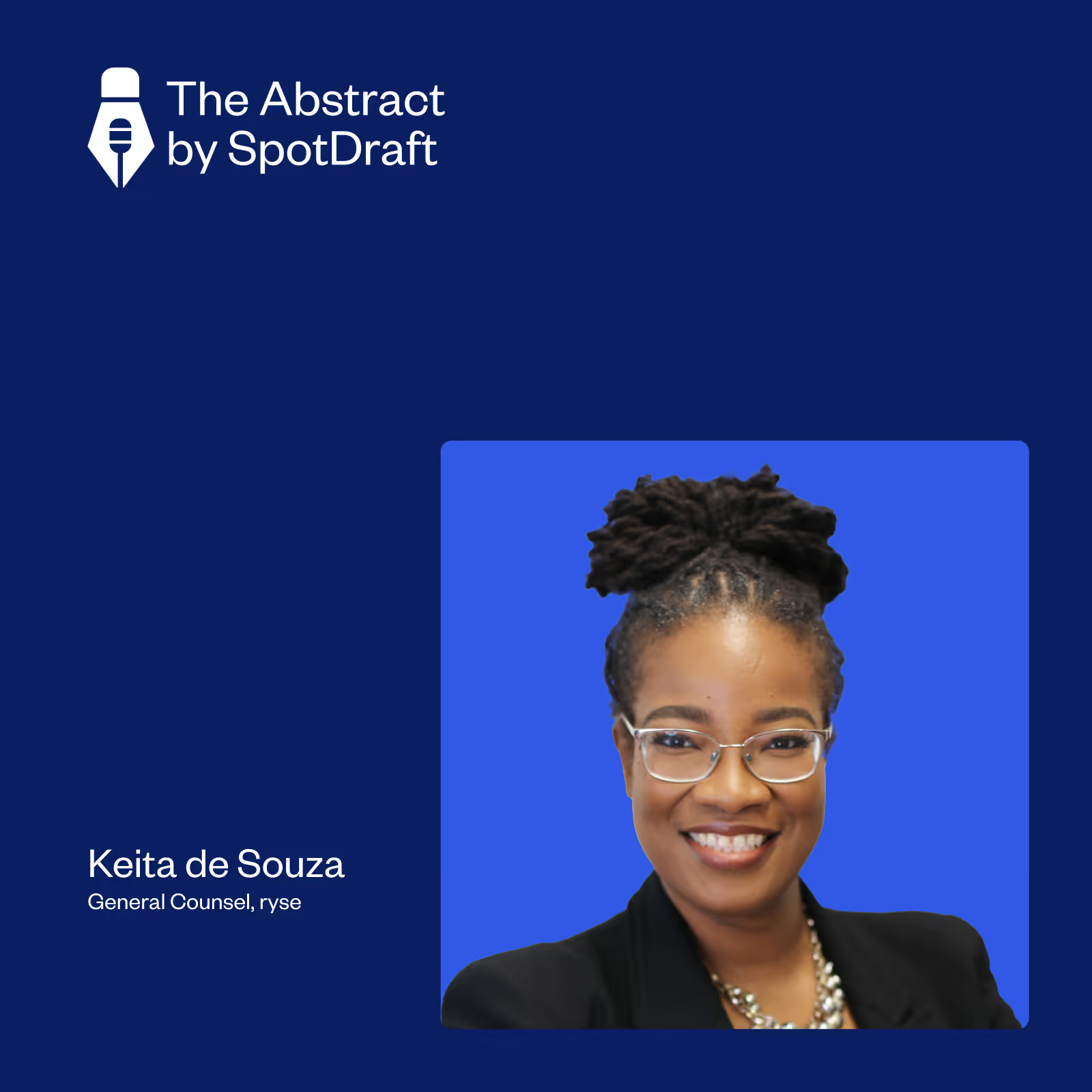
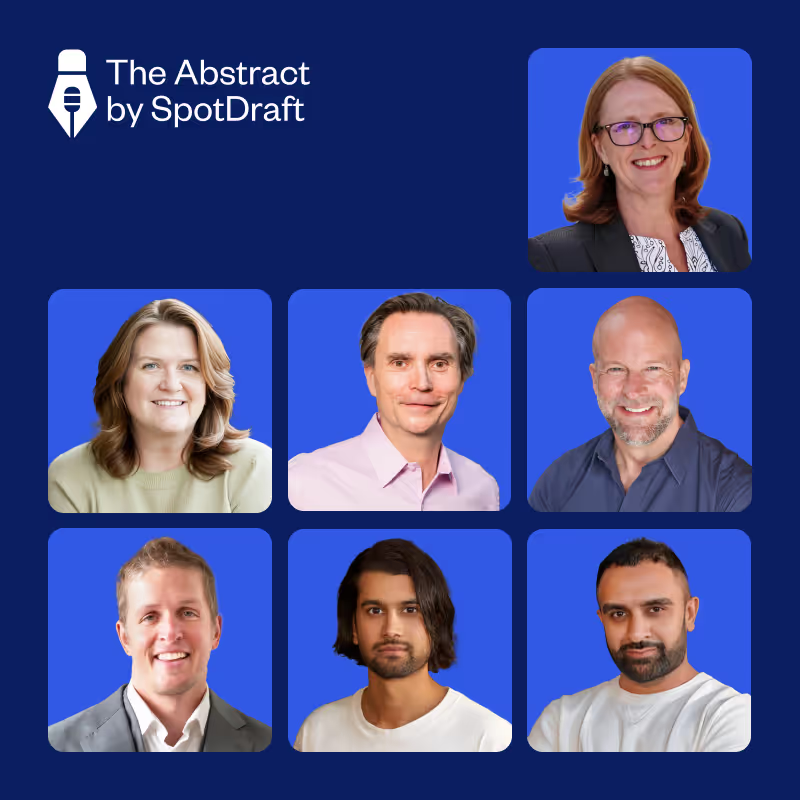



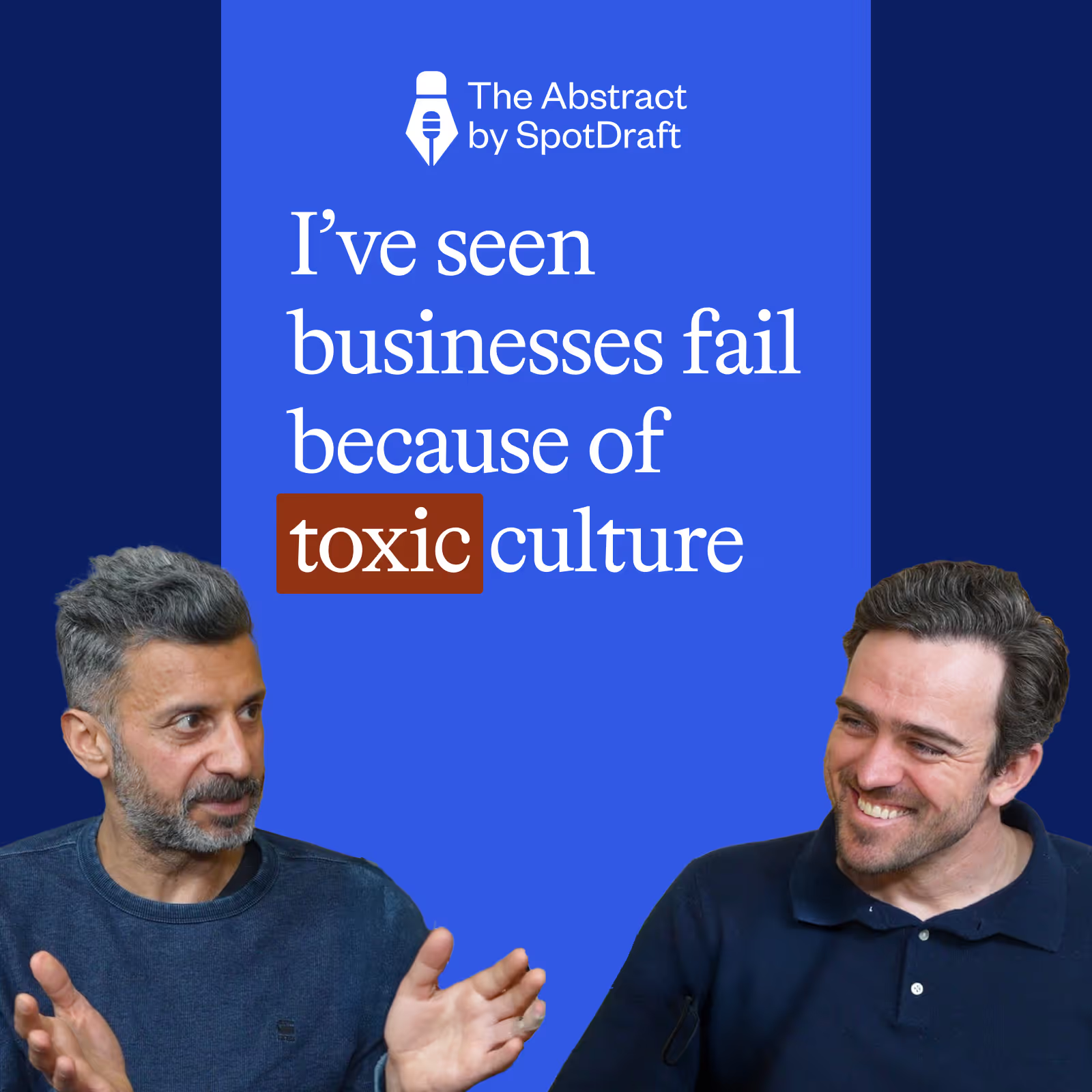

















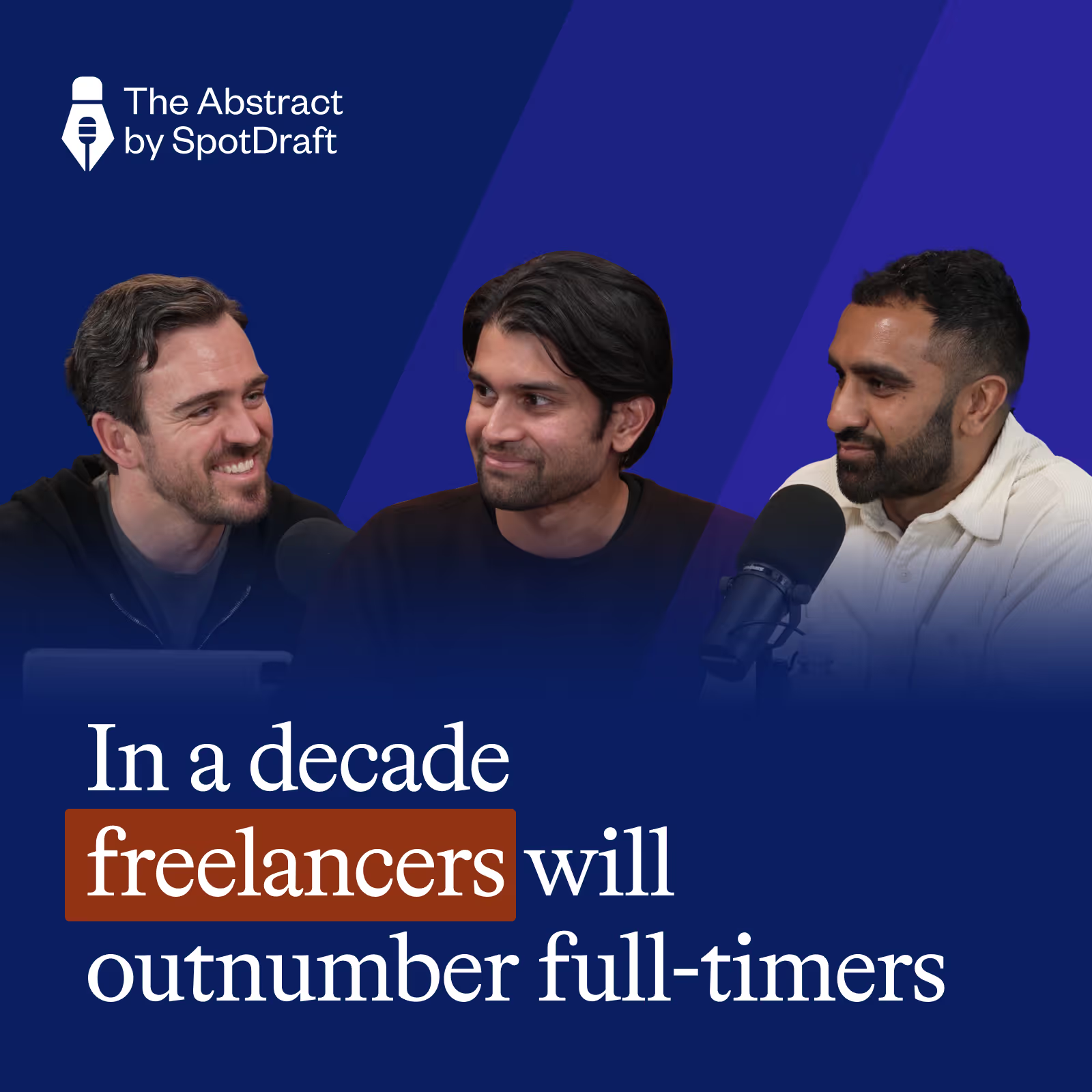











































.avif)







.avif)








